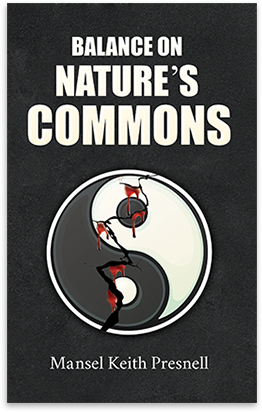
ADDRESSING ENVIRONMENTAL INSTABILITY - SOCIAL OPTIONS.
Part 3a
A child’s formal education starts with enhancement of their communication skills. That facilitates their next phase of development, which is to reinforce boundaries, establish social ethics and protocols, and introduce the value of self discipline. Using a grab bag of tools such as reading, writing, mathematics and computer skills, the focus of a child’s primary education should leave them wanting to contribute.Puberty in individuals is accompanied by an emerging ambition to self determine. It is during puberty that children really begin to consider their future. Armed with the ability to seek out knowledge, teenagers need the support of an environment conducive to them exploring their individual career options. By the time they exit this stage they should understand how to express themselves, whether by linguistic, artistic, emotional and/or physical expression. They should be hungry for knowledge, and aware of the various techniques for accessing it
Used appropriately, modern communication systems are sufficiently flexible to allow tertiary students to fine-tune their own education to meet personal aspirations. At the tertiary level. inter-institutional courses provide the best possible resource, and that needs to become the norm.
Open source’ communication is a model that, could be used to modernise education. Current examples of open-source communication include the ‘Wikipedia’ and ‘Linux’ networks. When it comes to equitable access to education, that model could be applied to catalyse the aggregation of knowledge and ideas globally. It would require a framework for the various disciplines to contribute information relevant to their field. Each discipline could be made responsible for a competent screening or quality control process, such as those used by the creators of Linux. The resulting knowledge-bank would provide an opportunity for anyone with access to the internet to research their field of interest, contrasting with the current static model, which tends to link quality of education with the ability to pay. Coincidentally, that approach would reinforce the benefits of sharing.
The role of the institution in tertiary education could be to catalyse bonding between like-minded individuals with a balance between “face to face” and “virtual” contact. Tertiary institutions would continue to play a valuable role providing access to the aids and specialised equipment required for course work. They also would remain as a forum for promoting social expectations.
A sound education would balance ethics with academic capability. It would acknowledge the spectrum of individual personalities, ranging from creative artisan to multi-disciplinarian to specialist, and it would approach formal training of an individual based on their potential to contribute to the community in any of those categories.
Post Views : 174